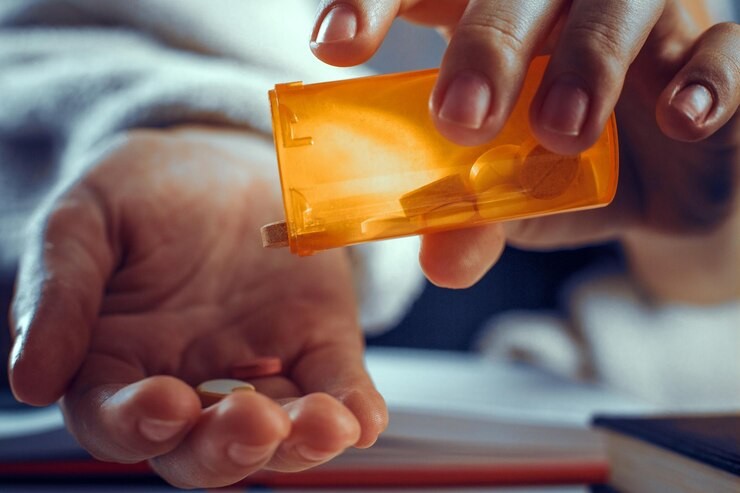
Opioid addiction is a growing crisis affecting millions across the globe. From prescription painkillers to illicit substances, opioids have gripped countless lives with dependency, withdrawal, and relapse. As traditional treatment options continue to evolve, alternative therapies are gaining attention—one of the most talked-about being Ibogaine. But does it really offer new hope, or is it just another overhyped solution?
At Ibogaine Detox Rehab, we explore the potential of this powerful plant-based compound with a grounded perspective. In this article, we dive into the facts, emerging research, and ongoing debates surrounding Ibogaine for opioid dependence.
Ibogaine is a naturally occurring psychoactive compound derived from the root bark of the Tabernanthe iboga plant, traditionally used in spiritual ceremonies in West Central Africa. In modern times, it has drawn attention for its potential role in interrupting substance use patterns—particularly in opioid addiction.
Unlike conventional detox methods, Ibogaine works differently. It doesn’t simply mask symptoms; it may act on the brain’s neurochemical systems, possibly helping reduce withdrawal discomfort and psychological cravings.
The growing interest in Ibogaine for opioid detox lies in its reported ability to impact several areas that are crucial in the recovery process:
While early findings are promising, more clinical studies are needed to fully understand these mechanisms.
Despite the buzz, Ibogaine is not without risks. It is a powerful substance that can affect the heart and nervous system. This is why professional supervision in a medically managed setting, like Ibogaine Detox Rehab, is essential.
Unregulated or self-administered Ibogaine use can be dangerous. Each individual responds differently, and health conditions like heart disease or liver issues may increase risks. As a result, Ibogaine is not approved for medical use in the U.S., although it is legal or tolerated in some other countries.
At Ibogaine Detox Rehab, we prioritize safety, medical oversight, and compassionate care. Our programs are tailored to meet each client’s needs, with pre-screening assessments, medical monitoring, and post-treatment integration support. We don’t just provide the experience—we walk with you before, during, and after the journey.
By offering a safe environment to explore Ibogaine for opioid dependence, our goal is to support individuals who haven’t found lasting success through conventional treatments.
So, is Ibogaine a miracle cure? Not quite. But for some, it may be a turning point in their recovery journey. It’s not for everyone, and it’s not a silver bullet—but with the right preparation, medical supervision, and aftercare, it may be a valuable part of a broader treatment plan.
If you’re struggling with opioid addiction and feel like you’ve tried everything, it might be time to explore a different path—one that includes safety, support, and the potential for transformation.
No, Ibogaine is currently not approved for medical use in the U.S., but it is available in other countries under regulated conditions.
Ibogaine is not a cure, but it may interrupt addiction patterns and offer a reset point. Long-term recovery still requires therapy, lifestyle changes, and support.
Most Ibogaine treatments last several days, including preparation, administration, and post-treatment care.
People with heart conditions, liver issues, or psychiatric disorders may not be good candidates. A full medical evaluation is necessary before treatment.
We offer medically supervised treatment in a safe, supportive setting with a focus on long-term recovery and integration—not just a one-time experience.
Contact Ibogaine Detox Rehab today to learn whether this treatment may be right for you!